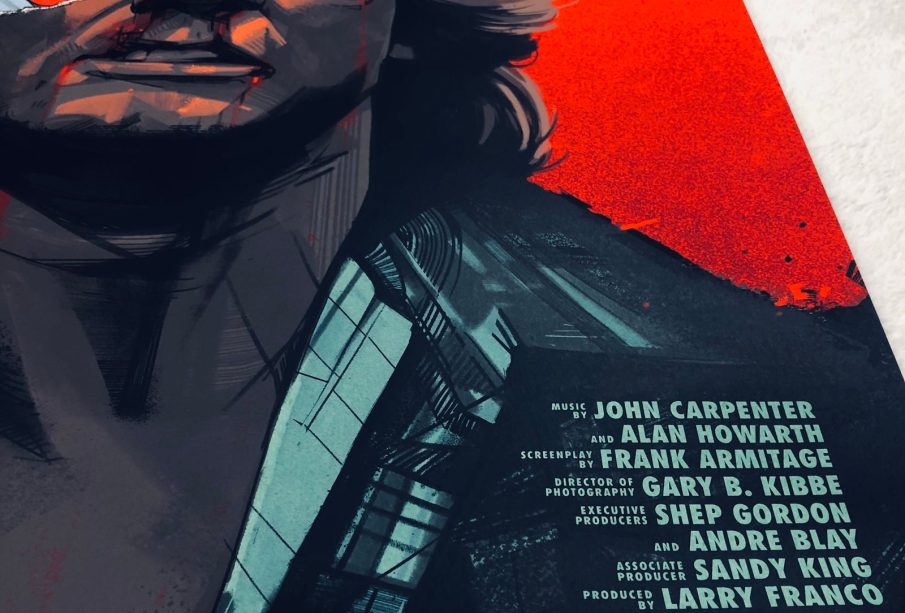The Enduring Legacy of John Carpenter in Horror Films

Introduction to John Carpenter
John Carpenter is a pivotal figure in the world of cinema, especially known for his contributions to the horror genre. His films, characterized by atmospheric tension, iconic scores, and memorable villains, have set the standard for future filmmakers. As audiences increasingly appreciate classic horror, Carpenter’s work remains relevant and influential, making an exploration of his legacy timely and essential.
Key Works and Innovations
Carpenter burst onto the scene in 1978 with the release of Halloween, a film that revolutionized the slasher genre and introduced the concept of the ‘final girl’ in horror narratives. It grossed over $70 million on a budget of just $300,000, showcasing that a well-crafted horror film could achieve immense commercial success.
Following Halloween, Carpenter delivered a string of classics, including The Thing (1982), which has become a cult favourite, celebrated for its groundbreaking special effects and suspenseful storytelling. Another highlight is Escape from New York (1981), which combined science fiction with social commentary and showcased his ability to blend genres effectively.
A Stylistic Signature
One of Carpenter’s most distinctive contributions to film is his use of music. He often composes the scores for his films, infusing his work with an additional layer of emotion and atmosphere. The synth-heavy score for Halloween is arguably one of the most recognisable in film history, intensifying the film’s sense of dread and urgency.
Carpenter’s films frequently explore themes of isolation and societal breakdown, making them resonate deeply with audiences. This focus on character-driven narratives paired with innovative narrative structures has influenced countless filmmakers, including contemporary horror directors who cite Carpenter’s work as a major influence on their own.
The Legacy Continues
As of 2023, Carpenter continues to inspire new generations of directors, with remakes of his classic films reigniting interest in his work. Filmmakers like David Gordon Green, who directed the recent Halloween sequels, have acknowledged Carpenter’s significant impact on their approach to horror. Moreover, Carpenter has been involved in various projects, including video games and music albums, further solidifying his status as an enduring figure in popular culture.
Conclusion
John Carpenter’s influence on horror cinema is undeniable, and his films remain essential viewing for any serious admirer of the genre. As the landscape of horror continues to evolve, Carpenter’s timeless themes and stylistic innovations will undoubtedly inform the direction of future films. His ability to blend terror with social commentary ensures that his legacy will endure, captivating audiences for years to come.









